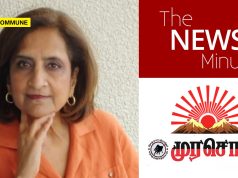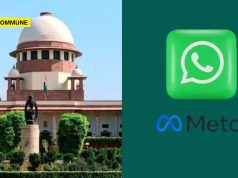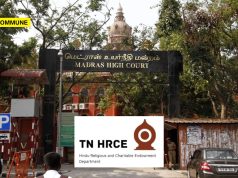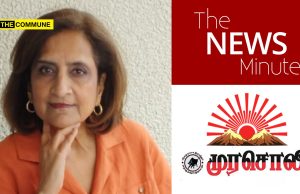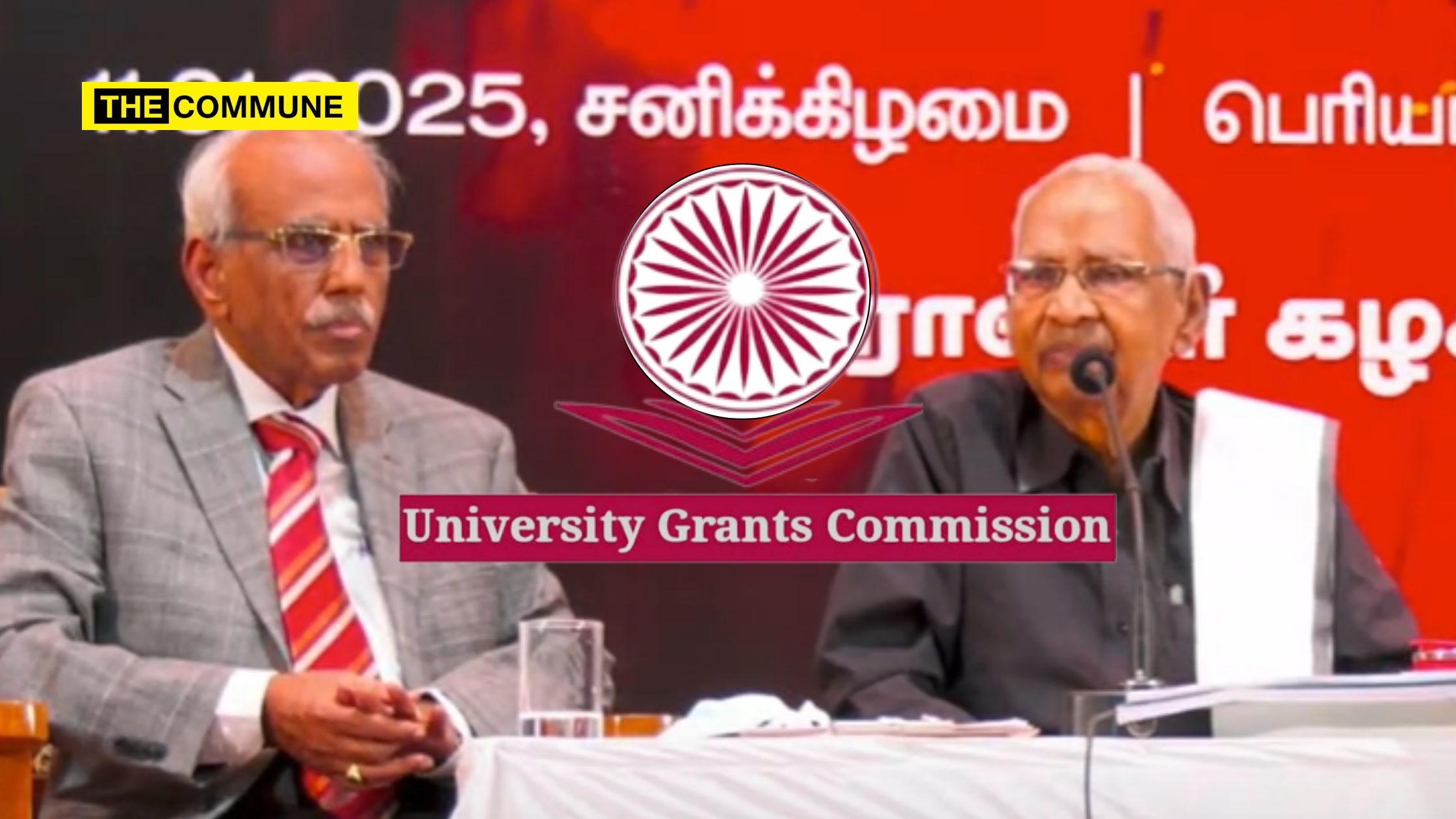
Former Madras High Court Justice A.K. Rajan, who previously led a committee to abolish the NEET exam, has stirred controversy once again with his opposition to the University Grants Commission’s (UGC) proposed framework for grading Higher Education Institutions (HEIs) based on their implementation of the National Education Policy (NEP) 2020. This development comes amid growing resistance from several states, including Tamil Nadu and Karnataka, that have not adopted the NEP.
The UGC’s draft notification, issued on 3 January 2025, proposes a two-step evaluation process for HEIs, focusing on the implementation of the NEP as a key criterion for awarding privileges and entitlements under various UGC regulations. However, universities in states like Tamil Nadu, where the NEP’s four-year integrated degree programs are not recognized, have expressed concerns that their students may be at a disadvantage, particularly in government job opportunities due to the non-equivalence of their degrees.
Vice-chancellors from various universities have raised concerns about the fairness of the proposed grading system for Higher Education Institutions (HEIs). S. Vaidhyasubramaniam, Vice-Chancellor of SASTRA Deemed University, argued that grading based solely on NEP implementation would disadvantage HEIs in non-NEP states. He suggested using existing frameworks like NIRF or NAAC for grading, with a gradual shift to NEP-based criteria once all states adopt the policy.
A key issue is the emphasis on the Common University Entrance Test (CUET), which some universities in non-NEP states, like Karnataka, see as problematic. Prof. Niranjana of Bengaluru North University warned that universities in non-NEP states would score poorly under the new system, risking a loss of central funding, which would harm students.
The draft also highlights foreign collaborations, raising concerns that smaller or regional institutions without international partnerships would be penalized in rankings. Paul Newman, Principal of St. Joseph’s Evening College, argued that states like Kerala, Tamil Nadu, and West Bengal, which have not adopted the NEP, could suffer as a result. He emphasized that education is a state subject, and urged the UGC to base rankings on NAAC assessments instead of NEP implementation.
The UGC has opened a 30-day window for public feedback on the draft notification, but the mounting opposition signals a larger clash between centralized education policies and state autonomy. Critics warn that the grading framework, if implemented without modification, could exacerbate inequities, marginalizing institutions in non-NEP states and smaller HEIs without international exposure.
On 11 January 2025, Dravidar Kazhagam hosted a conclave titled “Education Policy Seminar Against National Education Policy Imposed by UGC,” in response to the UGC’s new draft. The event was led by K. Veeramani, President of Dravidar Kazhagam, with former Madras High Court Justice AK Rajan also participating. This move has drawn significant criticism from netizens, especially given Rajan’s previous involvement in drafting a report for the ruling DMK that called for the abolition of NEET, a recommendation that many believed contradicted factual evidence. His participation in the current seminar has sparked further debate.
நீட் தேர்வு சம்பந்தமான ஒரு நபர் கமிஷன் தலைவர் ஏ.கே.ராஜன் யார் என இப்பொழுது தெரிந்திருக்குமே!
"பூனைக் குட்டி வெளியே வந்துடுச்சு"@hindumunnani_tn pic.twitter.com/0inRWF55q1— A.T.Elangovan (@elangovan_HM) January 12, 2025
Who Is A.K. Rajan?
A former Justice of the Madras High Court, A.K. Rajan was appointed to lead a committee by the Tamil Nadu government to examine the impact of the National Eligibility cum Entrance Test (NEET) on medical college admissions in the state. The committee’s report, submitted to Chief Minister MK Stalin on 14 September 2024, argues for the abolition of NEET, claiming that it disadvantages rural government school students, particularly those studying in Tamil medium. However, the report has drawn criticism for its lack of objectivity, with many accusing it of being politically motivated to support the DMK government’s stance against NEET.
The committee’s findings are seen as biased and lacking substantiated evidence. Critics argue that the report selectively uses data and omits important facts to back the DMK’s political narrative, rather than offering a fair, unbiased analysis.
Claim: NEET Disadvantages Government School Students
Fact: The claim that NEET disadvantages government school students is contradicted by data showing significant improvement in medical college admissions for these students. After the introduction of a 7.5% reservation for government school students by the previous AIADMK government in 2020, a record 336 students secured MBBS seats, the highest in over a decade. From 2014-2017, only 108 government school students gained medical admissions. Additionally, the report fails to mention the number of government school students admitted to medical colleges before 2014, a period when medical admissions were already limited for these students due to the outdated ‘Samacheer Kalvi’ syllabus, which hindered critical thinking and analytical skills.
Before NEET, from 2007 to 2016, only 314 government school students made it into government medical colleges, with 62 students securing seats in the best year (2007) and as few as 18 in the worst (2013). This historical data suggests that the government school admission process was never truly advantageous to these students, even before NEET was implemented.
Claim: NEET Disadvantages Tamil Medium Students
Fact: Data in the report shows a consistent decline in the number of Tamil medium students taking the science stream, coupled with an increase in English medium students. This trend is not due to NEET but reflects a broader shift in the education system towards English medium, driven by demand from parents across rural and urban areas. While the number of Tamil medium students admitted to medical colleges has declined, this is largely due to fewer Tamil medium students opting for the science stream, not because of NEET.
It’s also important to note that Tamil Nadu’s government is itself promoting English medium education in schools, aiming to attract more students. With the 7.5% reservation for Tamil medium students, 299 students secured medical admissions in 2020-21, highlighting that Tamil medium students still have a fair chance under NEET, particularly with increasing access to the exam in Tamil and other languages.
Claim: NEET Favors CBSE Students
Fact: The report suggests that NEET favors CBSE students, but the data contradicts this claim. Before NEET, CBSE students had very low representation in Tamil Nadu’s medical colleges. It is only after NEET’s introduction that CBSE students have had a more equal opportunity to compete with their state board counterparts. Despite this, state board students still account for the majority of seats, as evidenced by the data in the report.
The committee’s claim that CBSE students are disproportionately favored seems to ignore the underlying reasons for the disparities between state and CBSE students. The substandard ‘Samacheer Kalvi’ syllabus, introduced by the DMK, left many Tamil Nadu state board students ill-prepared for NEET’s critical thinking and problem-solving demands, whereas the CBSE syllabus better aligned with the exam’s requirements.
Claim: NEET Favors Urban Students
Fact: The previous education system, before NEET, largely benefited wealthy students attending private schools in districts like Erode and Namakkal, where coaching centers that charged exorbitant fees prepared students for medical exams. These schools taught only the Class 12 syllabus, skipping Class 11, which resulted in an unfair advantage for students from affluent backgrounds. With NEET, the playing field was leveled, and students from rural and government schools now have a better chance at medical admissions.
The claim that NEET favors urban students appears to confuse the issue, as the data shows that the bulk of medical seats were taken by students from these wealthy private institutions prior to NEET’s introduction, not by rural government school students.
Other Issues with the Report
Former Vice Chancellor of Anna University, Prof. E. Balagurusamy, criticized the AK Rajan Committee’s report, calling it unbalanced and filled with misleading statistics. He noted that the report referred to irrelevant court cases and constitutional provisions that had no bearing on NEET’s impact. The report also made unfounded claims, such as the assertion that 99% of NEET students received coaching, without providing any evidence to support this figure. Furthermore, the report’s dire predictions about the healthcare system in Tamil Nadu, suggesting that NEET could lead to a shortage of doctors in rural areas, were seen as alarmist and lacking any factual basis.
The overall tone of the report seemed politically driven, with the outcome already determined before the study was conducted. Critics argue that the report was designed to support the DMK’s longstanding opposition to NEET, rather than offering a fair and objective assessment of the policy’s effects.
Subscribe to our Telegram, WhatsApp, and Instagram channels and get the best stories of the day delivered to you personally.

